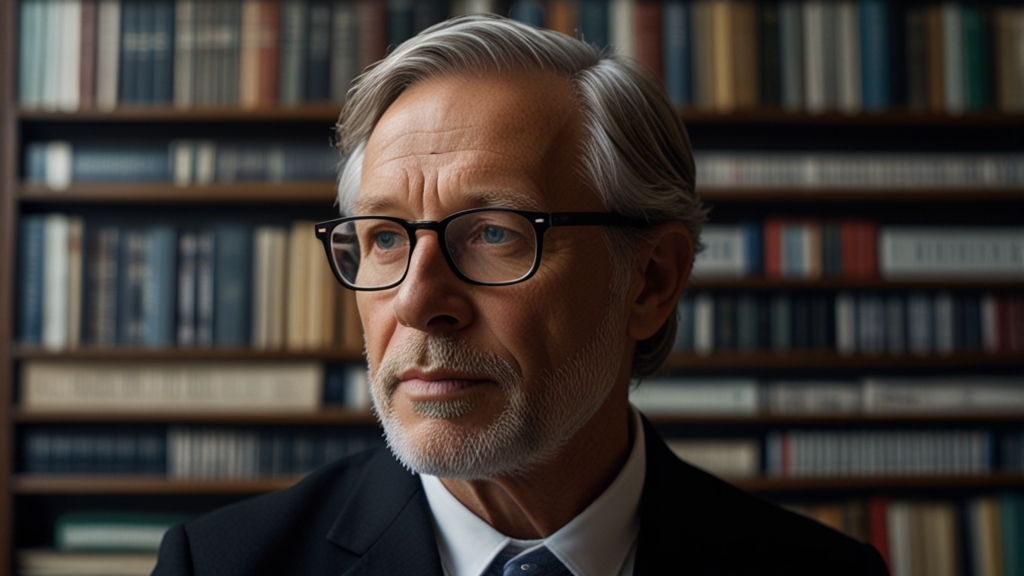The Spiritual Side of Greece Temples and Beyond
Greece, often hailed as the cradle of Western civilization, is world-renowned for its ancient temples, mythology, and vibrant history. However, beyond the ruins and myths lies a profound spiritual heritage that continues to resonate through the centuries. The temples of Greece are not just remnants of a bygone era, but living testaments to the country’s deep spiritual ethos, reflecting a quest for understanding, harmony, and connection with the divine.
Temples as Spiritual Hubs
Greek temples were much more than architectural wonders; they were spiritual hubs where devotees, priests, and even philosophers gathered to pay homage to the gods. Each temple was meticulously designed to honor a specific deity, embodying their traits and stories through art and structure. The Temple of Olympian Zeus in Athens, for instance, showcases grandiosity and power, attributes associated with the king of the gods.
The Parthenon, perhaps the most famous of all Greek temples, was dedicated to Athena, the goddess of wisdom and warfare. Its intricate sculptures and friezes depict various mythological events, celebrating the triumph of order over chaos and light over darkness. Pilgrims visiting these temples engaged in rituals, prayers, and offerings, seeking blessings, wisdom, and guidance from the divine.
Oracles and Mysticism
"The ancient Greeks were deeply spiritual people, believing that the gods were directly involved in their daily lives and decisions."
A significant aspect of Greek spirituality is the role of oracles and mystical traditions. The Oracle of Delphi was the most esteemed among these, considered the center of the world by the ancient Greeks. Priestesses, known as Pythia, would enter trance-like states to deliver cryptic prophecies believed to be the words of Apollo, the god of prophecy. These oracles influenced many critical decisions, from political undertakings to personal dilemmas.
Mystery religions, such as the Eleusinian Mysteries, also played a crucial role in Greek spiritual life. These secretive rites, dedicated to Demeter and Persephone, promised initiates knowledge of the mysteries of life and death and the hope of a blessed afterlife. The initiation rites were shrouded in secrecy, creating a profound and personal spiritual experience for those involved.
Philosophy and Spirituality
Greek philosophy and spirituality are inextricably linked, with philosophers often delving into spiritual questions and concepts. Socrates, Plato, and Aristotle explored themes like the nature of the soul, the afterlife, and the existence of a higher realm of forms or ideals. Plato’s works, particularly, blend philosophical inquiry with spiritual contemplation, suggesting that true knowledge comes from remembering the soul’s experiences in the divine realm.
"To know thyself is the beginning of wisdom," – Socrates.
This pursuit of self-knowledge and inner truth was seen as a spiritual journey, reflecting the Greek belief in the interconnectedness of mind, body, and spirit. The Academy and the Lyceum, schools founded by Plato and Aristotle respectively, were not just places of learning but centers for spiritual and intellectual growth.
Continuing Legacy
Today, the spiritual side of Greece continues to attract seekers from all over the world. The ruins of ancient temples stand as silent witnesses to a rich spiritual heritage, drawing pilgrims, historians, and tourists alike. Modern Hellenic paganism, or Hellenism, seeks to revive and practice the ancient Greek religion, focusing on traditional rituals, festivals, and worship of the Greek gods.
Furthermore, Greece’s spiritual legacy extends beyond its borders, influencing Western philosophical thought, religious practices, and cultural traditions. The principles of harmony, balance, and the pursuit of wisdom continue to inspire modern spiritual movements, emphasizing the timeless nature of Greece's spiritual insights.
In conclusion, the spiritual side of Greece is a profound tapestry woven from the threads of mythology, philosophy, and religious practice. The ancient temples, oracles, and mystical traditions offer a glimpse into a civilization deeply engaged with the divine, seeking to understand the mysteries of existence and the cosmos. Beyond the historical and architectural marvels, Greece’s spiritual legacy endures, inviting us all to embark on our own journeys of discovery and enlightenment.








